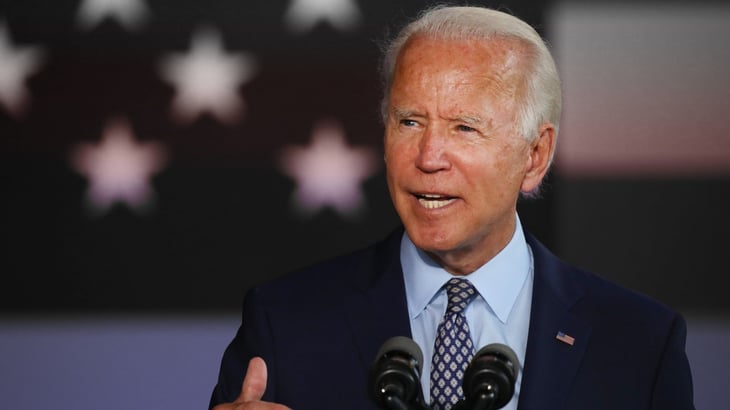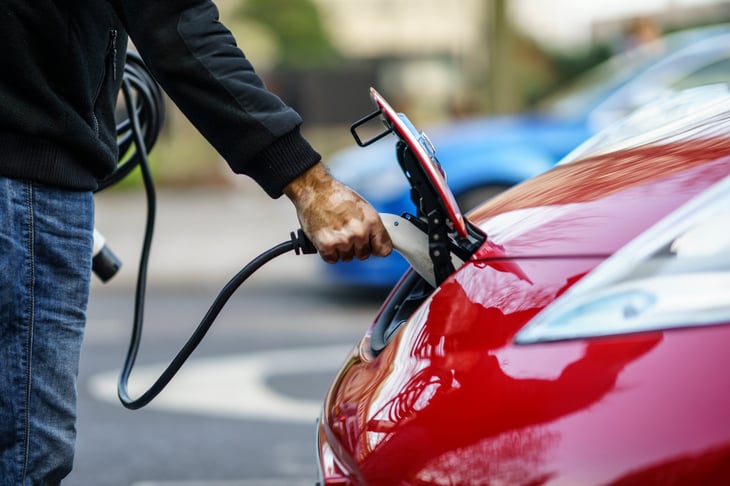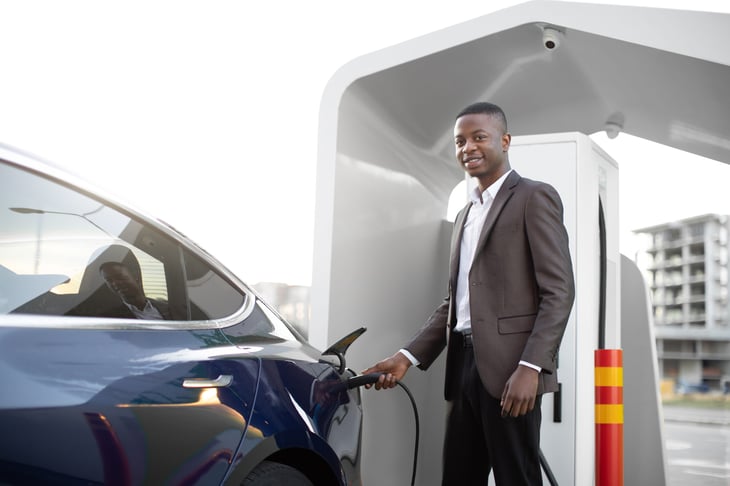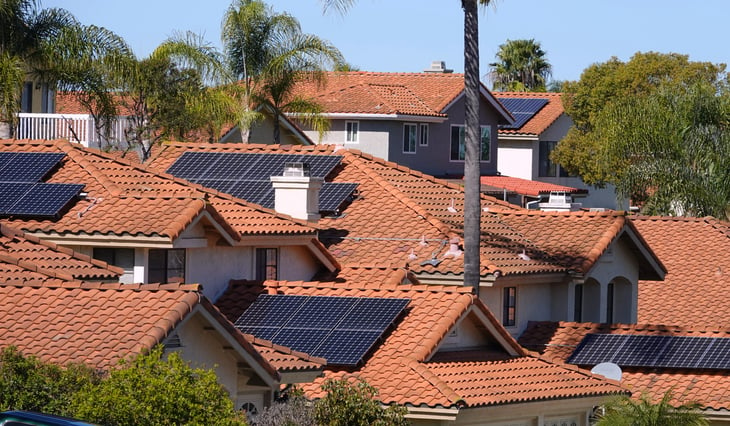
After about a year in the works, the Inflation Reduction Act is poised to become law.
President Joe Biden, who proposed the legislation last year, when it was referred to as Build Back Better, is expected to sign it into law as early as Tuesday.
The bill passed the House and Senate last week along party lines via reconciliation, a special process that enables budgetary bills to clear the Senate with a simple majority (51 votes) rather than the usual supermajority (60).
Supporters have heralded the bill as an unprecedented investment in clean energy, and that is evident in the scope of tax breaks it offers for both corporations and individuals, including homeowners and car buyers. It also extends the health insurance premium tax credit.
Following is a look at the tax credits in the bill that will be available to individuals starting as soon as the 2022 tax year.
An extended premium tax credit

The premium tax credit is for people who purchase health insurance through an Affordable Care Act (ACA) exchange and have lower incomes. It helps offset the cost of their insurance premiums, thus its name.
The American Rescue Plan Act of 2021, another federal law created during Biden’s term, temporarily expanded the eligibility requirements of the premium tax credit so that more people could qualify for it in 2021 and 2022.
The new law expands that through 2025.
A new tax credit for used ‘clean’ vehicles

The Inflation Reduction Act creates a new tax credit worth up to $4,000 for purchasing a “previously owned clean vehicle,” which will take effect in 2023.
A used car may qualify for this credit if it is from a model year that is at least two years prior to the calendar year in which you bought it, and if you and the car are otherwise eligible.
A revised tax credit for new ‘clean’ vehicles

The existing tax credit for new plug-in electric vehicles, currently worth up to $7,500, is getting a makeover.
Biden’s new law rechristens it as the “clean vehicle credit” and tweaks it in a couple of ways, while keeping the maximum value the same. Iowa State University’s Center for Agricultural Law and Taxation reports:
“Under the new provision, the maximum credit for qualifying vehicles is $7,500, through 2032. Half of the credit depends upon the components of the battery, and half of the credit depends upon whether the final vehicle was assembled in North America. The Act eliminates the per-manufacturer cap on these credits. The Act also imposes income limits for eligibility of this credit ($300,000 MAGI [modified adjusted gross income] for taxpayers filing joint returns or surviving spouses, $225,000 for heads of household, or $150,000 for other taxpayers).”
An improved residential clean energy credit

The residential energy-efficient tax credit is for alternative-energy equipment like solar water heaters and geothermal heat pumps, as we detail in “9 Federal Income Tax Breaks for Homeowners.” But it’s slated to expire after 2023.
The Inflation Reduction Act extends the credit through 2034 and improves it in a couple of other ways, which, according to Iowa State University, include:
- Expanding it to include battery storage technology
- Making it more valuable, worth up to 30% of eligible costs
An improved nonbusiness energy property credit

The nonbusiness energy property credit was for certain energy-efficient components installed in or on a home — such as energy-efficient roofing, insulation, windows and doors — and associated costs. But it expired after 2021.
The new law retroactively extends this tax credit, making it available for 2022 through 2032.
The legislation also improves the credit in several other ways, which, according to Iowa State University, include:
- Increasing the value of the credit from 10% of eligible costs to 30%
- Repealing the lifetime limit on the credit, replacing it with an annual limit (which is $1,200 or $2,000, depending on the type of expense)




Add a Comment
Our Policy: We welcome relevant and respectful comments in order to foster healthy and informative discussions. All other comments may be removed. Comments with links are automatically held for moderation.